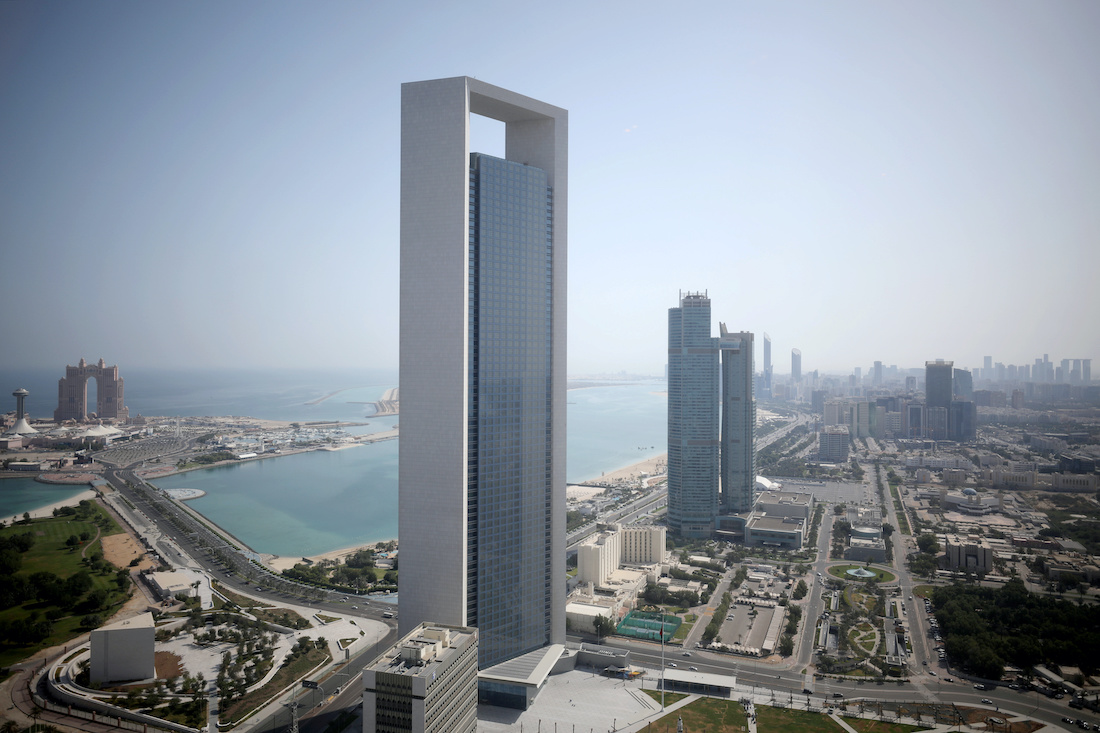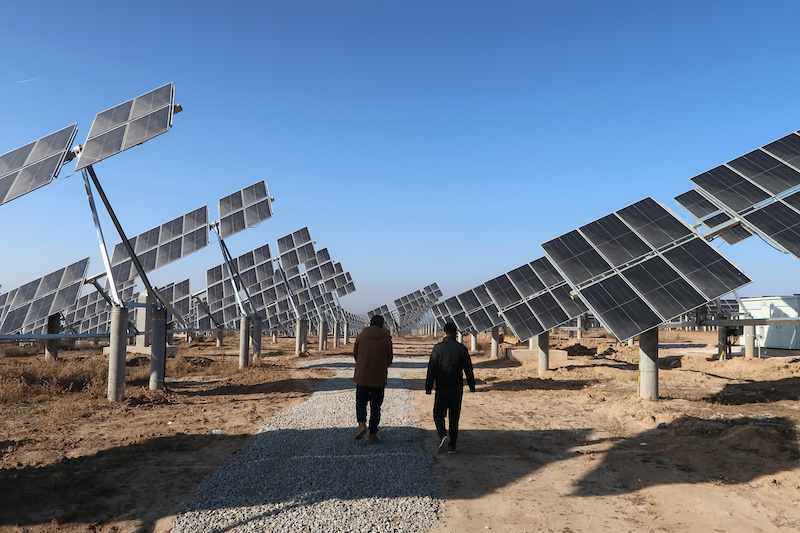The United Arab Emirates (UAE) has inked a trade deal with India which will cut tariffs on one another’s goods. The Indian prime minister’s office estimates annual trade between the nations could increase to $100 billion within five years.
India commerce minister Piyush Goyal told reporters the deal could create more than a million jobs in India in the next few years, particularly in labor-intensive sectors such as autos, plastics and leather.
The UAE has been pursuing trade deals and implementing other reforms to make the Gulf state a more desirable global business hub.
In addition to pursuing similar trade and investment deals with nations such as Turkey and South Korea, the UAE expects to finalise new bilateral deals with Israel and Indonesia.
The UAE has also announced a raft of regulatory and social reforms in recent years to make business and life easier in a country where most of the 10 million population are foreigners.
“We’re moving from a regional to a global hub,” UAE foreign trade minister Thani Al Zeyoudi said, referring to the trade deals and policy announcements.
The UAE economy ministry said by 2030 the CEPA would add $9 billion, or 1.7%, to UAE gross domestic product, exports would increase 1.5% to $7.6 billion, and imports would rise 3.8% to $14.8 billion.
In a virtual summit, India’s prime minister Narendra Modi and UAE de facto ruler Sheikh Mohamed bin Zayed Al Nahyan witnessed as senior officials from both nations signed the agreement.
“The agreement … not only deepens our economic and trading relationship with a close partner but unlocks a new phase of global cooperation for us,” Sheikh Mohamed said in a joint statement.
The Comprehensive Economic Partnership Agreement (CEPA), as it is known, is expected to boost annual bilateral non-oil trade from $60 billion to $100 billion within the next three to five years, India’s Prime Minister’s office said.
“There will be a huge flow of trade and investments between both nations and it’s going to open the door for more business opportunities,” Al Zeyoudi told Reuters.
The CEPA is expected to be implemented by May after UAE cabinet approval, Goyal said.
The agreement, which was not immediately made public, eliminates 80% of existing tariffs on UAE and India goods, with the remainder to be removed within 10 years, Al Zeyoudi said.
Commodities from the UAE such as aluminium, copper and petrochemicals would benefit, he said.
The deal also covers services, investments, intellectual property, and includes a commitment by the UAE to create 140,000 highly skilled jobs by 2030.
India is the UAE’s second largest trading partner, in addition to billions of dollars in remittances sent home by the more than three million Indians working in the Gulf state.
- Reuters, with editing by Neal McGrath
Read More:
























